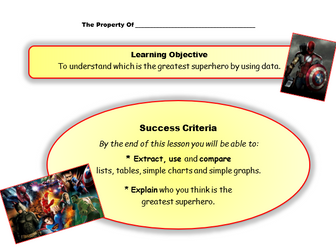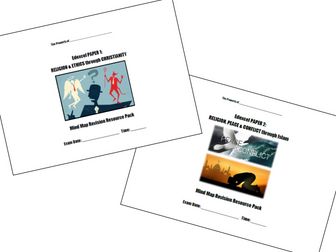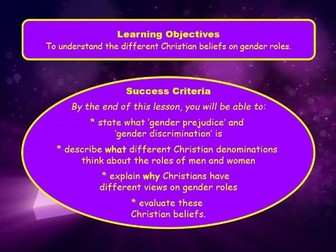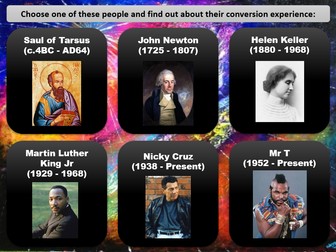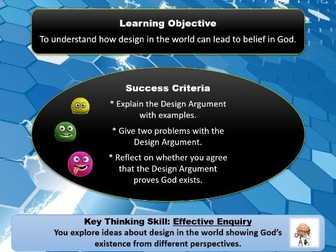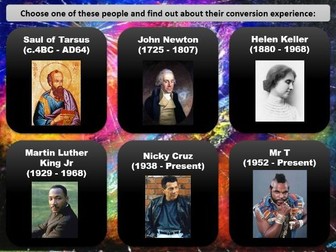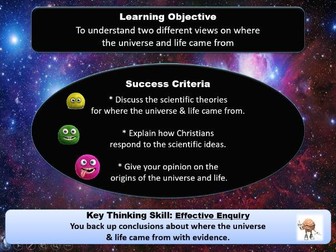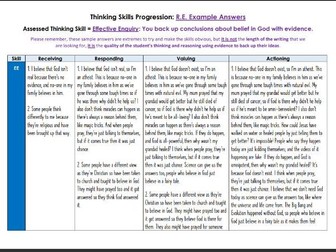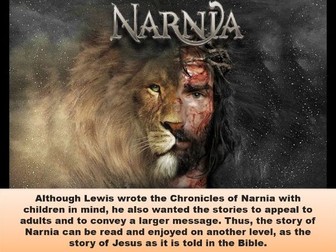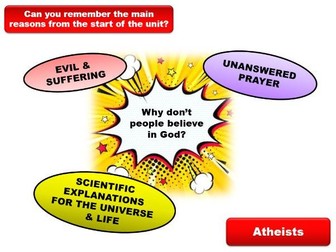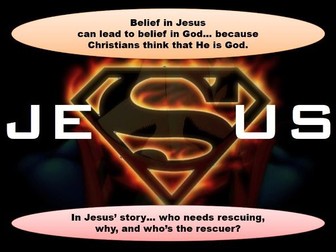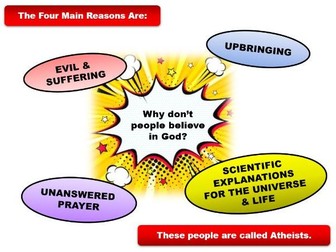
Maths Functional Skills/KS3/4 - Handling Data. Superhero Lesson.
This Maths lesson was created for Functional Skills standard M/E3.k but can be used for KS3 and 4.
Its objective is, ‘To understand which is the greatest superhero by using data’.
Students will: * Extract, use and compare lists, tables, simple charts and simple graphs, and * Explain who the greatest superhero is by using the data.
This pack includes a summary lesson plan, high quality powerpoint presentation, students workbook, less able students workbook and answer booklet.
The powerpoint hooks the students in and checks their initial understanding of handling data. The student booklets are packed with activities and stretch tasks are included on every page. A ‘Super Stretch Task’ is placed at the end which is designed to challenge students in an enjoyable and appealing way.
It can take one or two lessons to teach. Or the powerpoint can be used as a tool which focuses on a specific type of chart/diagram/graph and expanded on, before moving on to the next type.
